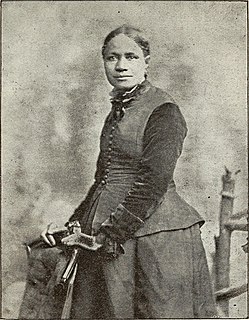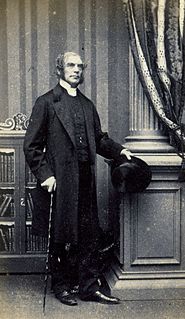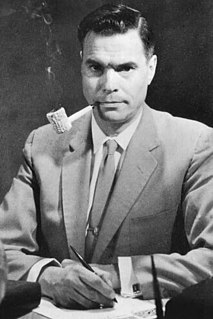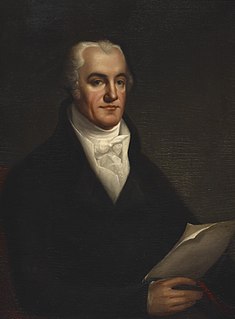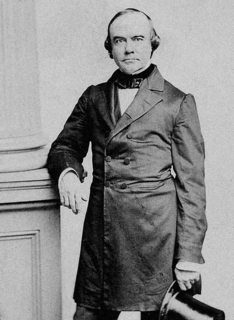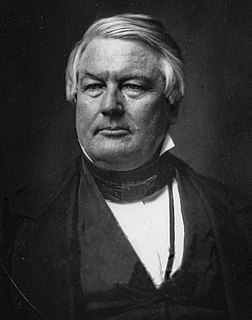A Quote by Frances Harper
A government which can protect and defend its citizens from wrong and outrage and does not is vicious. A government which would do it and cannot is weak; and where human life is insecure through either weakness or viciousness in the administration of law, there must be a lack of justice and where this is wanting, nothing can make up the deficiency.
Related Quotes
Surely by now there can be few here who still believe the purpose of government is to protect us from the destructive activities of corporations. At last most of us must understand that the opposite is true: that the primary purpose of government is to protect those who run the economy from the outrage of injured citizens.
I would have government defend the life and property of all citizens equally; protect all willing exchange; suppress and penalize all fraud, all misrepresentation, all violence, all predatory practices; invoke a common justice under law; and keep the records incidental to these functions. Even this is a bigger assignment than governments, generally, have proven capable of. Let governments do these things and do them well. Leave all else to men in free and creative effort.
What, then, do they want a government for? Not to regulate commerce; not to educate the people; not to teach religion, not to administer charity; not to make roads and railways; but simply to defend the natural rights of man -- to protect person and property -- to prevent the aggressions of the powerful upon the weak -- in a word, to administer justice. This is the natural, the original, office of a government. It was not intended to do less: it ought not to be allowed to do more.
A famous, very often quoted phrase says: "That government is best, which governs least." I do not believe this to be a correct description of of the functions of a good government. Government ought to do all the things for which it is needed and for which it is established. Government ought to protect the individuals within the country against the violent and fraudulent attacks of gangsters, and it should defend the country against foreign enemies. These are the functions of government within a free system, within the system of the market economy.
The administration of private justice between the citizens of the same state, the supervision of agriculture and of other concerns of a similar nature, all those things in short which are proper to be provided for by local legislation, can never be desirable cares of a general jurisdiction . . . the attempt to exercise these powers would be as troublesome as it would be nugatory; and the possession of them, for that reason, would contribute nothing to the dignity, to the importance, or to the splendour of the national government.
In social life, in the family government, in the Church, and in the State this is an acknowledged and invariable law. The debtor would be incapable of appreciating the clemency which cancelled the debt, so long as he denied either the existence or the justice of the claim. Unconscious of the obligation, he would be insensible to the grace that remitted it.
We must have a government which is not only a guarantor of public order and safety and which preserves the right of White citizens to keep and to bear arms, which is the ancient hallmark of a truly free people, but we must have government which maintains an eternal vigilance against the enemies, both internal and external, of a White America.
The prestige of government has undoubtedly been lowered considerably by the prohibition law. For nothing is more destructive of respect for the government and the law of the land than passing laws which cannot be enforced. It is an open secret that the dangerous increase of crime in this country is closely connected with this.
The danger (where there is any) from armed citizens, is only to the *government*, not to *society*; and as long as they have nothing to revenge in the government (which they cannot have while it is in their own hands) there are many advantages in their being accustomed to the use of arms, and no possible disadvantage.
I would like to suggest to you that the extent to which government in America has departed from the original design of in habiting the destructive actions of man and invoking a common justice; the extent to which government has invaded the productive and creative areas; the extent to which the government in this country has assumed the responsibility for the security, welfare, and prosperity of our people is a measure of the extent to which socialism has developed here in this land of ours.
